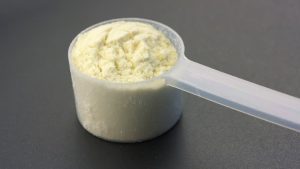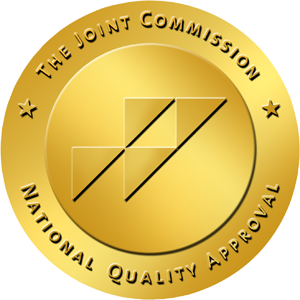Pros and Cons of Protein Powders
 Medical protein powders can be beneficial for many people. It is a nutritional supplement commonly used to support weight loss diets, fight infection, improve illness, and speed up wound healing and recovery after surgery.
Medical protein powders can be beneficial for many people. It is a nutritional supplement commonly used to support weight loss diets, fight infection, improve illness, and speed up wound healing and recovery after surgery.
Protein is an important macronutrient that helps build bone and muscle, repairs tissue, and makes enzymes and hormones. It is also a building block of blood, cartilage, hair, nails and skin. A protein-rich diet and taking supplements may help people feel fuller for longer, eat smaller portion sizes and snack less frequently, resulting in healthy weight or lose weight if necessary. It may also reduce other risk factors for cardiovascular diseases, such as blood pressure and high cholesterol.
Protein powders are available in a variety of flavors and several forms, including dairy-based and plant-based powders. They can be mixed with water according to the directions on the packaging or blended into fruit and vegetable smoothies, milk, soup and more. Common types of protein powder include:
- Casein: This dairy-based protein is rich in glutamine, which is essential to the immune system and intestinal health. The body digests this protein slowly, so it may be best to take it at night.
- Soy: This protein is an alternative to whey or casein for people who do not consume dairy, and it contains of all the essential amino acids.
- Whey: This water-soluble milk protein is absorbed easily by the body and contains all of the amino acids that the body requires from food.
It is effective in men and women equally. However, older adults have more protein requirements than younger adults. People who eat a protein-rich diet and do not engage in intense exercise or weight training are unlikely to need to take protein supplements. Nutritional needs should be calculated before using protein powders to avoid consuming too much protein. Excessive protein in the diet can result in a reduced intake of other beneficial foods, kidney problems and other health issues.
The United States Food and Drug Administration (FDA) does not regulate protein powders. According to a 2018 protein powder study, many of the best-selling protein powders contained heavy metals, such as lead, cadmium, and arsenic. Therefore, people who must supplement their diet with protein powder should consult with their doctor or dietician to choose a high-quality product from a reputable supplier.
Carmichael’s offers one of the largest selections of oral products available in our service area, including protein powders in a variety of flavors. Our oral supplements service line is also accredited by The Joint Commission. In addition to protein powders, we offer beverages, puddings and cookies that contain protein.
Our experienced licensed pharmacists and pharmacy technicians on staff work closely with the primary caregiver to provide the patient with proper nutritional intake. Our reputable customer service makes it easy for patients to obtain the nutritional supplements they need. We can also ship products to an individual’s residence via UPS. Visit a Carmichael’s location or contact a Carmichael’s representative to purchase oral nutritional products or to request additional information.




 Accredited/Certified by The Joint Commission
Accredited/Certified by The Joint Commission